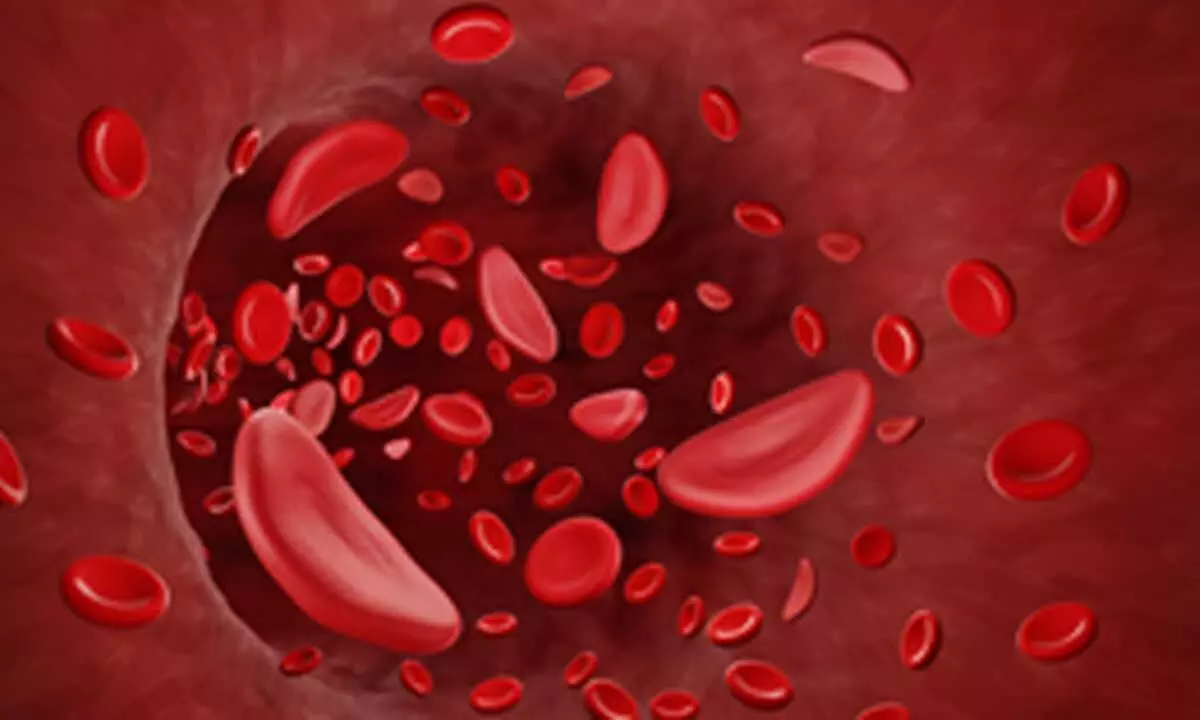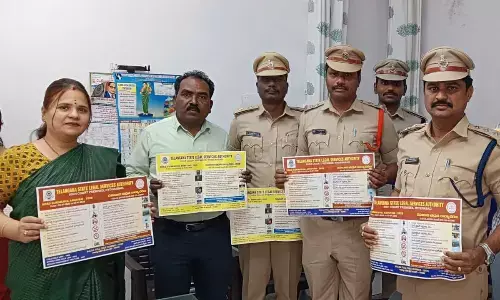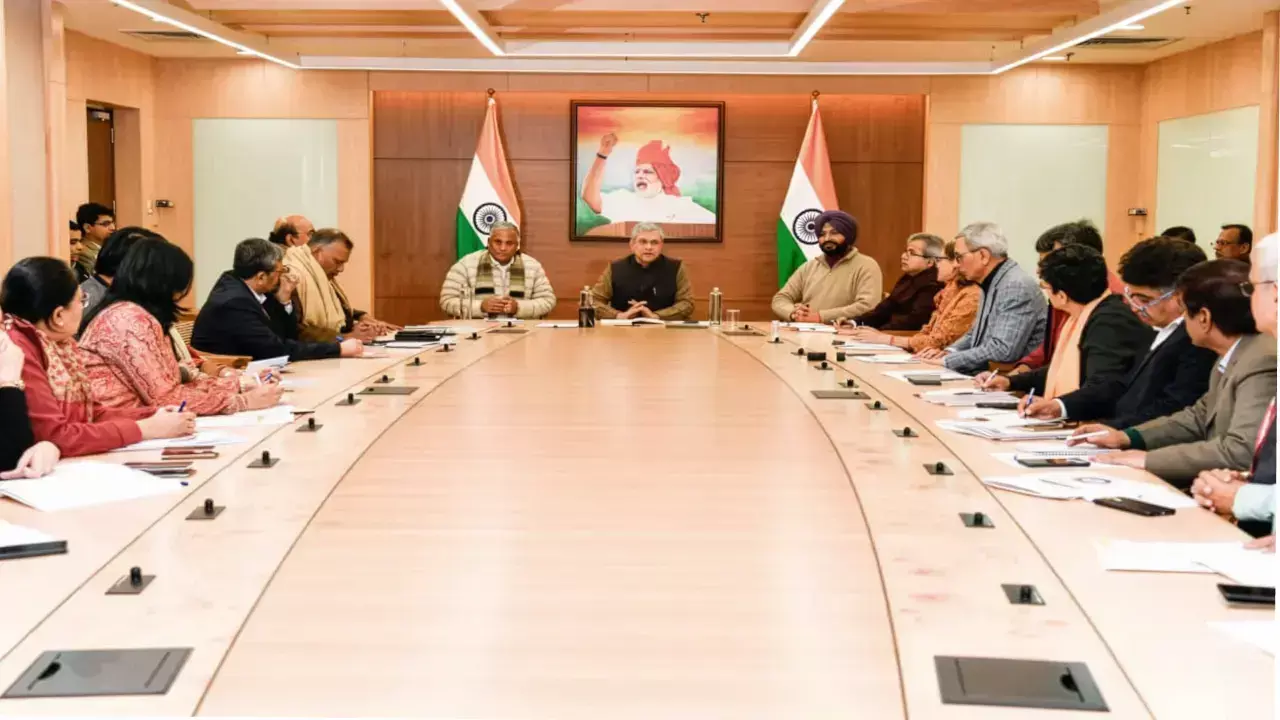ICMR, Zydus tie up for clinical trial to combat sickle cell disease
Share :

The Indian Council of Medical Research (ICMR) on Monday announced a partnership with domestic pharma giant Zydus Lifesciences to initiate Phase 2 clinical trials of the drug Desidustat in patients with sickle cell disease.
New Delhi: The Indian Council of Medical Research (ICMR) on Monday announced a partnership with domestic pharma giant Zydus Lifesciences to initiate Phase 2 clinical trials of the drug Desidustat in patients with sickle cell disease.
ICMR formalised a Memorandum of Agreement (MoA) with Zydus for a Phase IIa, double-blind, randomised, placebo-controlled study to evaluate the efficacy and safety of Desidustat oral tablet against sickle cell disease -- a genetic blood disorder characterised by the presence of abnormal haemoglobin (Hb).
This comes after drug regulator DCGI recently granted permission to conduct a Phase IIa trial to evaluate the efficacy and safety of Desidustat.
Desidustat is a hypoxia-inducible factor (HIF)-prolyl hydroxylase inhibitor (PHI) that stimulates the production of erythropoietin (EPO), a hormone that boosts red blood cell production when oxygen levels are low in the blood.
“This collaboration reflects our commitment to advancing clinical research in India through strategic public-private partnerships. Desidustat was invented in India, and patients with sickle cell disease need therapies in addition to the currently available drug, hydroxyurea,” said Dr. Rajiv Bahl, Secretary, the Department of Health Research and Director General, ICMR.
“Our vision is to ensure that India continues to lead in the development of innovative and affordable healthcare solutions,” he added.
The proportion of patients with Hb response (defined as more than 1 g/dL increase in Hb from baseline) compared to placebo will be measured at week 4 and week 8 as the primary end-point.
The trial will also evaluate key secondary endpoints including mean change in Hb, the proportion of patients requiring blood transfusions, the proportion of patients experiencing a vaso-occlusive crisis, and mean change in percentage of HbSS. HbSS is a severe form, affecting 65 per cent of people who have sickle cell.
“Public-private partnerships in the healthcare sector are essential to deliver novel drugs to achieve the goals of the National Sickle Cell Anaemia Elimination Mission. The initiation of this study reaffirms hope for the 20 million Sickle Cell affected patients in the country for a high potential novel treatment,” said Pankaj Patel, Chairman of Zydus.
Desidustat was discovered at Zydus’ R&D labs and recently approved for the treatment of anaemia in chronic kidney disease patients.
Sickle cell disease is a significant public health concern in India, particularly among certain tribal populations where the prevalence is higher.
According to the National Health Mission (NHM) estimates, there are approximately 20 million sickle cell-affected patients in the country. Every year, 50,000 children with sickle cell anaemia are estimated to be born in India.














